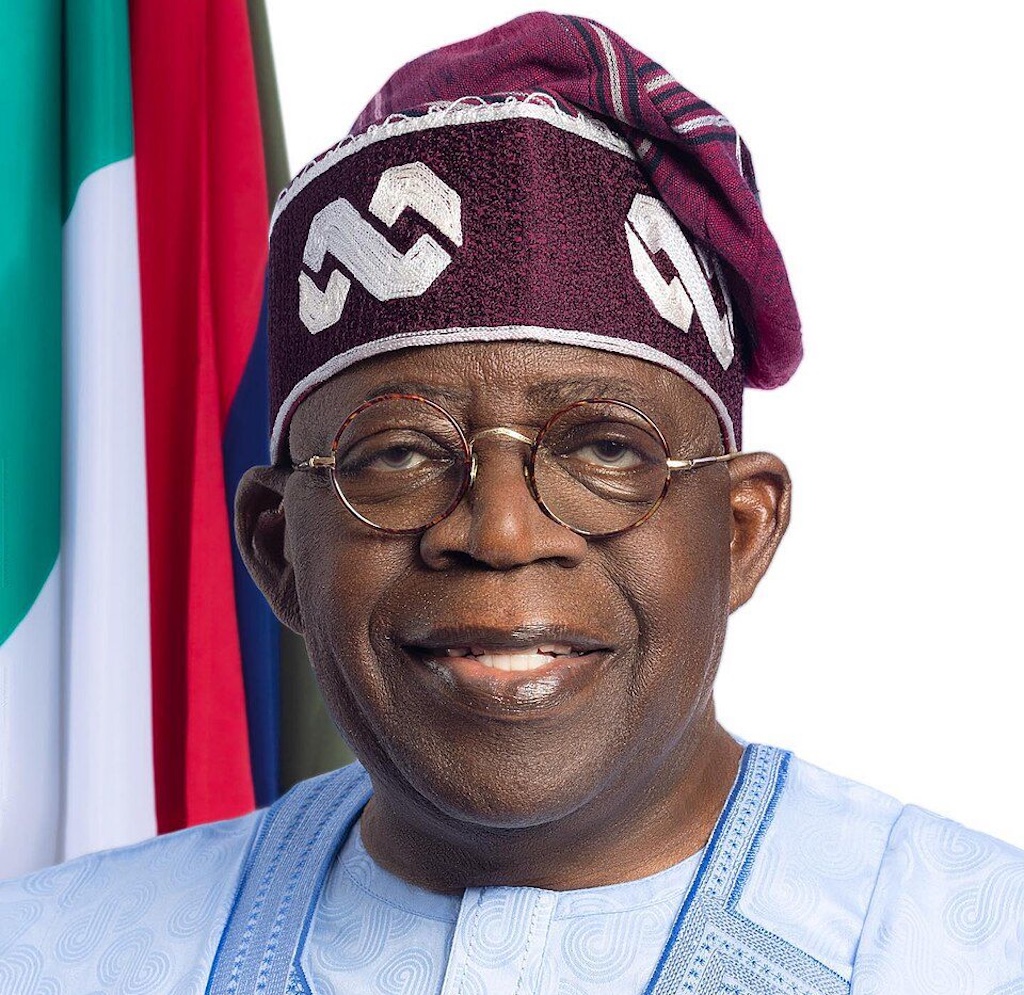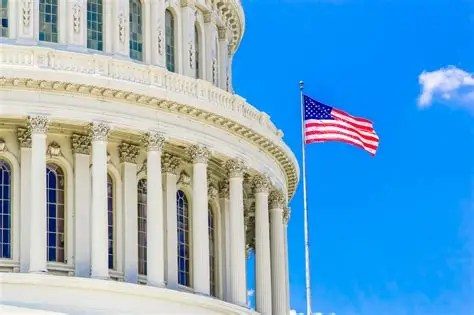Femi Ogbonnikan
The Ogun State investment landscape is irreversibly changing for the better. A few months after the establishment of the biggest cotton and polyester factory in the world in the state, another mouth-watering investment opportunity is again in the offing, making the sustained efforts by the present administration led by Prince Dapo Abiodun to diversify the economy to an industrial hub a ‘fait accompli’. Every great accomplishment is a product of a vision driven by passion. Vision provides direction, while passion provides the energy and motivation to pursue goals with dedication and enthusiasm. When individuals or organizations are driven by a clear vision and fueled by passion, they’re more likely to push boundaries and explore new possibilities. Without a doubt, the remarkable economic achievements Ogun State has recorded over the last six years of the current administration are due to Governor Abiodun’s unrelenting effort to make the state a preferred investment destination of choice. And it is not surprising that there has been a steady inflow of investments into the state under the conducive environment created by the administration. These investment inflows underscore the success of the administration’s investment promotion drive, its ease-of-doing-business reforms, making Ogun State as a preferred destination of choice for both local and foreign direct investments.
By deliberate efforts, the Abiodun administration actively promotes a business-friendly environment, and so several notable investments have been secured or are in advanced stages.
The latest in the list of the investment inflows into the state is the planned establishment of a multi-million dollar food company by a Qatari-based dairy industry, Baladna.
Baladna is an agricultural company that raises livestock and produces dairy products. It is Qatar’s largest locally owned food and dairy producer, supplying over 95 percent of the country’s fresh dairy products.
The Head of Products and Solutions Architecture at Baladna, Mr. Aidan Thomas Iynan, disclosed this when he along with other members of the company, led by the Executive Secretary of the Nigeria Investment Promotion Commission (NIPC), Hajia Aisha Rimi, paid a courtesy visit to the Ogun State Governor, Prince Dapo Abiodun, in his office at Oke-Mosan, Abeokuta.
He said the government of Qatar and the company invested heavily in an integrated dairy farm, which had become the biggest single dairy farm in the world.
He stated that Nigeria and Ogun State, like Algeria, would achieve remarkable results in dairy farming with the expertise, technology, and capital from the organization.
With the current climate change, seven decades of drought in Syria, and flash floods in North America, the Mediterranean, and North Africa, Iynan maintained that it had become imperative for Nigeria to work towards becoming self-sufficient in dairy production, projecting that the situation would put pressure on countries that depend on imports to address their food security.
“We can build farms that are highly efficient with world-class yields, and we can address not just dairy, meat, but also crop production,” he said.
He explained that the purpose of the visit was to explore possibilities in the country regarding land acquisition and also to hold talks with the government of Ogun State on collaboration in order to develop plans and feasibility studies to push the plan through.
The Executive Secretary of NIPC, Aisha Rimi, corroborating, said that despite Nigeria’s enormous potential in terms of population and increased urbanization, there was still low production of milk, far below global standards. According to her, despite Nigeria having one of the largest cattle populations on the continent, it can only meet about 50 percent of its dairy needs, as it imports between $1.3 billion to $1.5 billion worth of dairy products annually.
The Executive Secretary highlighted the effort of the Federal Government aimed at boosting local milk production and encourage the cultivation and processing of dairy products in the country, including the establishment of the Ministry of Livestock Development and the expansion of the National Livestock Transformation Plan.
In his response, the Governor observed that Nigeria’s demand for milk had jumped to 1.6 billion litres per year, with about 50-70 percent coming from imports.
“A lot of people have been running around pretending to set up dairy farms. They applied for import substitute permits, but what we have seen today is that all they do is to bring in powdered milk because powdered milk has been very profitable, and that is very unfortunate.
“I think that you represent the kind of company that we would like to work with, and we are confident that you will work with Nigeria to achieve the Renewed Hope Initiative in agriculture. If within one month you were able to achieve 35 percent of milk supply in Qatar and within six months you became self-sufficient, I have no doubt that you can achieve that here in Nigeria. Your operations here will be like a walk in the park since we do not have deserts here,” the governor stated.
Prince Abiodun stressed the multiplier effects of having the company established in the state, including job creation, individual prosperity, and an increase in the Gross Domestic Product (GDP) of the nation.
Accordingly, he urged the company to consider establishing itself in the state, adding that the company’s vision aligned with that of the state, assuring of seamless cooperation devoid of official bottlenecks.
Overall, the proposed dairy company will not only boost the effort of the government to achieve food self-sufficiency but also create employment opportunities for job seekers. A dairy company creates direct jobs in various segments.In the first place, farmers will be employed to manage dairy herds, including milking, feeding, animal care, and farm management. This provides a stable and regular income source for rural households.
Jobs are also created in the processing factory e.g., milk pasteurization, yoghurt production, cheese making, packaging, quality control, and administration. Similarly, employment opportunities arise in logistics, marketing, sales, and retail.
Additionally, the dairy sector stimulates growth in related industries such as feed suppliers, veterinary services, equipment manufacturers, transportation, and cold chain logistics.
Local businesses like mechanics, electricians, and construction workers benefit from servicing the dairy company and its employees.
Dairy farming offers a consistent income stream, especially for small holder farmers who might otherwise rely on seasonal crops. This diversification can improve farm incomes and resilience against market fluctuations.
By providing stable livelihoods and income generation opportunities, particularly in rural areas, dairy development is a powerful tool for poverty alleviation at both household and community levels.
Beyond job creation, the establishment of a dairy company will significantly improve the quality of life for the citizenry, particularly in a developing economy like Nigeria.
Its positive impacts span economic, nutritional, and social dimensions.
On a broader perspective, a dairy company increases the availability of fresh, processed milk and other dairy products (yoghurt, cheese) to the local population. Dairy products are a powerhouse of essential nutrients, including Calcium, protein, vitamins, and minerals. Calcium is crucial for building and maintaining strong bones and teeth, preventing conditions like osteoporosis.
High-quality protein is essential for muscle growth, repair, and overall body maintenance. Food rich in Vitamin D (aids calcium absorption), Vitamin A, B12, and Riboflavin, all vital for various bodily functions. And, of course, minerals provide potassium which helps maintain healthy blood pressure and phosphorus. In a nutshell, increased access to affordable and safe dairy products will significantly combat malnutrition, especially in children and vulnerable populations, improving overall health and well-being of the citizenry.
Coming at a time when stakeholders are agitating for ranching, establishing a dairy company in the state will help to introduce modern farming techniques, improved cattle breeds, and better animal husbandry practices to local farmers through out-grower schemes or partnerships.
Good enough, there is a good road network for efficient milk collection and transportation which can further drive investment in rural infrastructure such milk collection centers, and cold storage facilities.
The proposed dairy company can also promote sustainable practices through the use of organic manure (cow dung) as fertilizer, reducing reliance on chemical fertilizers and enhancing soil fertility. In the same vein, it will encourage diversification from sole crop farming, providing a more robust and resilient agricultural economy.
In addition to the economy, the social benefits of a dairy company of this magnitude are immensely important to the continued sustenance of peace in the state. This is because
job creation and economic growth help reduce rural-urban migration, keeping families together in rural areas and fostering community stability, thus promoting peaceful atmosphere.
Traditionally, in many communities, women play a significant role in dairy farming and processing, making the dairy sector a tool for women’s economic empowerment and reducing gender inequality. Increased household income from dairy farming can enable families to afford better education for their children, leading to human capital development.
And more importantly, by boosting local food production, milk and meat, a dairy company contributes to national food security and reduces reliance on imports.
As a reputable company, its Corporate Social Responsibility (CSR), such as community development projects, health awareness campaigns, and educational support, will further benefit the local population.
The bottomline is establishing a dairy company is not just about producing milk; it’s about catalysing a chain reaction of positive impacts that lead to improved incomes, better health outcomes, rural development, and overall enhanced quality of life for the citizenry.
*Ogbonnikan writes from Abeokuta, Ogun State capital


